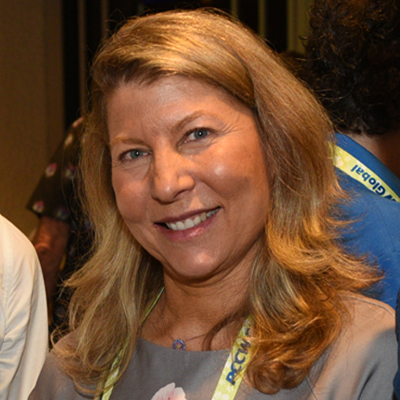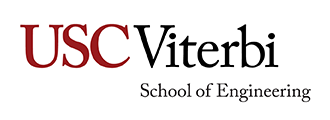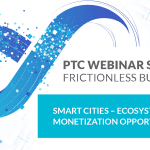
Ph.D., Associate Professor of Technical Communication Practice, Viterbi School of Engineering, University of Southern California (USC)
Elizabeth Fife has served as the co-chair of the PTC Research Committee and the ICT4D Special Interest Group for over a decade. She also teaches technical communications in the Viterbi School of Engineering at USC. Over the last decade, she has developed specialized workshops and courses for tech companies and institutions in the Asia-Pacific region including KAIST, Yonsei University, SKKU, Tokyo University, and Seoul University. Finally, she has carried out grant-based and funded studies for numerous global companies in the field of telecommunications and ICT4D.
How can telecommunications technologies help humanity?
The overall importance of digital infrastructure became apparent to us all over the last year, as we relied upon online communication for commerce, education, business, and social connection. The value of connectivity in supporting economic opportunities and social inclusion has been, however, a continuing area of engagement by the members of the PTC Research Committee. How the potential for broadband can be realized to support development in the Asia-Pacific region and beyond remains a critical area of engagement for PTC research.
What role does your field or area of expertise play in the sector?
Both applied and scholarly research ideally play an important role in providing understanding of how best to employ technology to meet needs. Members of our PTC research community often serve as “liaisons” and evaluators of tech projects, providing insight and an unbiased perspective that has guided investment and implementation choices of companies and organizations. Bringing new methods to understand trends and raise awareness of what will be important to meeting global challenges in the future is a vital role that PTC has recognized through its support of the research community over the years.
What new apps would be a game-changer in the next five (5) years?
Where’s the crystal ball? That said, it takes little vision to say, whatever killer apps emerge, they will likely involve AI and green technology. Research around some of the principal areas of societal concern (e.g., privacy, bias) regarding AI will also drive innovation.
From your perspective, what are the key challenges facing the industry? What are the major opportunities?
Some of the important challenges facing the industry are those faced by us all: climate change being foremost among them. ICTs will likely play a crucial role in providing resilient infrastructure, disaster recovery, as well as contributing to solutions for sustainable energy, food security, and other integral elements.
What value does PTC hold for you?
PTC is more than an Annual Conference; it is a vibrant international community of people who affect all areas of the industry. The multitude of perspectives offer a learning experience and chance to connect with a globally diverse group of people.
What advice would you share with current and future graduates interested in this field?
For current and future graduates interested in the field, PTC provides exposure to a vast range of ICT-related career options. One of the most gratifying elements of PTC for me is introducing up-and-coming scholars into PTC every year through the PTC Young Scholar Program. This program has been active since 2013, bringing 46 doctoral students and postdocs from universities around the world to the Annual Conference to share their deep expertise in a myriad of topic areas: ICT4D, verticals like health and education, tech ethics, spectrum allocation and regulation, privacy, security, and online disinformation. Along with the PTC Research Awards, this program has been tremendously successful, enabling students at an early stage in their career to learn more about the possibilities and direct application of their work. Many Young Scholars have since ended up in influential companies, public policy institutions, and universities.
What is something that not many people know about you?
I began attending PTC’s Annual Conference as a graduate student where I presented my first conference paper (over 20 years ago!). Like many others, I have continued my involvement with the organization; I served as the editor of the PTC Broadband Reports, which are comprehensive studies of markets of interest in Southeast Asia. I’m proud of the opportunity they provided to highlight the depth of regional market knowledge that the PTC Community has to offer.
About University of Southern California
The University of Southern California is one of the world’s leading private research universities. An anchor institution in Los Angeles, a global center for arts, technology, and international business, USC’s diverse curricular offerings provide extensive opportunities for interdisciplinary study and collaboration with leading researchers in highly advanced learning environments. In its comprehensive 2021 ranking, The Wall Street Journal and Times Higher Education ranked USC 19th among more than 1,000 public and private universities. USC’s distinguished faculty of 4,000 innovative scholars, researchers, teachers, and mentors includes five Nobel laureates, and dozens of recipients of prestigious national honors including the MacArthur “Genius” Award, Guggenheim Award, the National Medal of the Arts, the National Humanities Medal, the National Medal of Science, the National Medal of Technology and Innovation, and Pulitzer Prize. The total number of students for the 2020-2021 academic year included 19,500 undergraduates and 26,500 graduate students.








